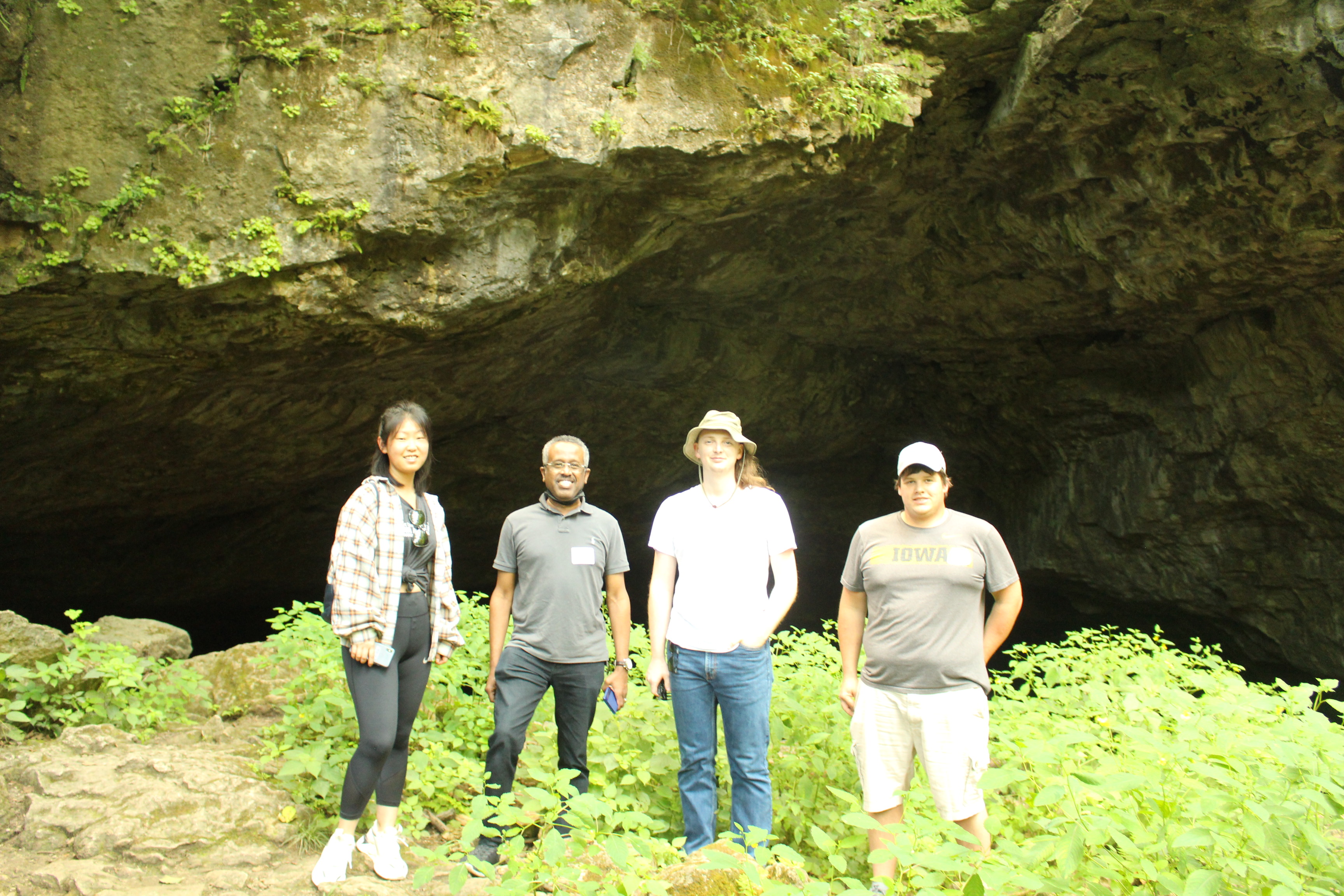Jackson County Clean Energy Plan
Working in conjunction with the Jackson Clean Energy District (Jackson CED), graduate students in the School of Planning & Public Affairs developed a Clean Energy Plan for Jackson County, Iowa.
Jackson CED exists to strengthen Jackson County communities in Jackson County by leading the transition away from fossil fuels toward local and inclusive clean energy. Jackson CED has a three-pronged community building mission:
- To positively affect the local economy by retaining energy dollars in Jackson County.
- To slow climate change by promoting wise energy use.
- To facilitate fair access to clean and local energy.
The Clean Energy Action Plan provides the blueprint to accomplish specific renewable energy objectives. The plan will help local leaders, legislators, and the public understand the economic and social benefits of transitioning to clean energy. Data, cost-benefit analyses, stakeholder input, and best practices will as the basis for developing action and implementation steps. The planning team gathered stakeholder input in order to both provide education on the topic of clean energy and to understand real or perceived or real barriers and constraints.
The planning team focused on three specific project components:
- A GIS map of existing renewable energy installations in Jackson County that demonstrates successful local, clean energy installations (including scope of ownership and diversity of applications) and financial and environmental impacts of locally owned renewable energy.
- A study to assess financial and environmental implications of implementing renewable energy sources (e.g., solar, wind) for generation of power at Jackson County facilities.
- A study of clean energy strategies for Springbrook, Iowa, as a pilot community to show alternatives for the small towns in Jackson County (and, by extension, small towns across Iowa) to own and operate a micro-grid utility consisting entirely of renewable energy production (e.g., solar, wind) and battery storage devices.
The Clean Energy Plan includes key elements needed for decision-making and implementation of specific projects, such as: policy requirements, equity implications, financing and ownership alternatives, cost-benefit analyses, budget impacts (i.e. return on investment, or ROI), and resource/operations requirements. The final document makes specific recommendations to help Jackson County communities take meaningful steps toward a clean energy future.
Additional Resources:
